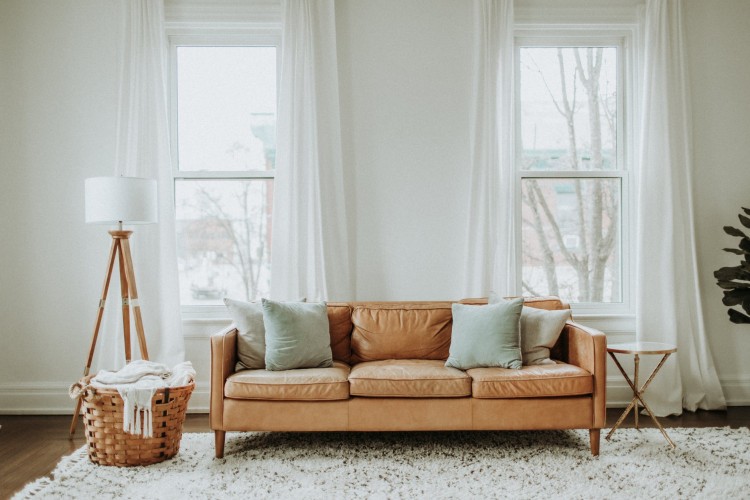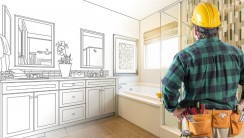
The air quality inside your home has just as much of an impact on your overall health and well-being as the quality of air outside does, if not more so.
Unfortunately, most homeowners don’t realize that there are things they can do to improve the quality of air indoors with just a few minor tweaks to their HVAC system, the same system they use to keep themselves warm in the winter and cool in the summer.
A clean and healthy home is not one you’ll likely want to leave, even with foreclosure during hard times such as the current COVID-19 pandemic economic climate. To stop foreclosure, New Orleans residents can click here for more helpful information.
Meanwhile, with these five tips, you’ll be able to make sure that your HVAC system is doing everything it can to make your home as clean and healthy as possible.
1. Clean Out Your Vents
A build-up of dust and debris in your vents could be harming the air quality inside your home.
The Environmental Protection Agency estimates that between 1,700 and 5,800 tons of air pollutants are released into homes every year through venting systems.
If you want to improve air quality in your home, start by checking all of your vents for trapped dirt and debris. Clean them out or consider replacing them with models that have filters built-in.
2. Get Rid of Cobwebs
If you’ve noticed that your vents are dirty, then there’s a good chance that they may be harboring dust mites, which can cause allergy-like symptoms. Try vacuuming out your vent covers at least once a month.
Also, use special duster attachments on your vacuum cleaner to remove cobwebs from around registers and vents. They’re hidden but will contribute to dust collecting in other areas of your home if left unchecked.
3. Clean Out Filters on Furnace
Many homeowners and renters often overlook these simple and relatively inexpensive fixes. A clean furnace filter can make a big difference in heating and cooling your home.
When your filter is clogged with dirt, dust, hair, or any other debris, your system must work harder to circulate air through your home.
This puts undue stress on all of its components (pumps, motors, ducts), which shortens their lifespan and can lead to major repair costs down the road.
4. Check Floors for Leaks
Sometimes, your flooring is your problem. Caulk around areas where pipes and wires enter your home. If you have hardwood floors, cover them with rugs in high-traffic areas.
Small holes are also a great way for dust mites, fleas, and other allergens into your home—and onto your clothing.
Seal leaks in ducts with caulk or duct tape. If you're not sure if something is sealed properly, call an HVAC professional who can check it out for you.
You can also purchase a blower door at many hardware stores that will tell you exactly how much air is leaking through your house’s walls, windows, and doors.
5. Ask an Expert
If you’re worried about your system and want to make sure it’s running as efficiently as possible, ask an expert. HVAC systems often require maintenance and regular checks every 1 to 2 years.
With a checkup from an experienced technician, you can ensure your unit is operating safely and at peak performance.
If you haven’t had a technician, check out your unit in a while or if your system is making strange noises or not working properly, ask for professional help.











Author
Homesgofast com
Homesgofast.com is an international real estate portal and news source for Google news. Publishing international real estate, finance, homes and travel-related news and blogs for a targeted audience since 2002. Each news item is circulated to thousands of potential readers each day and is also available to the millions of people who sign up for Google news alerts. Find homes offered for sale and to rent direct from owners and some of the best real estate agents from over 35 countries